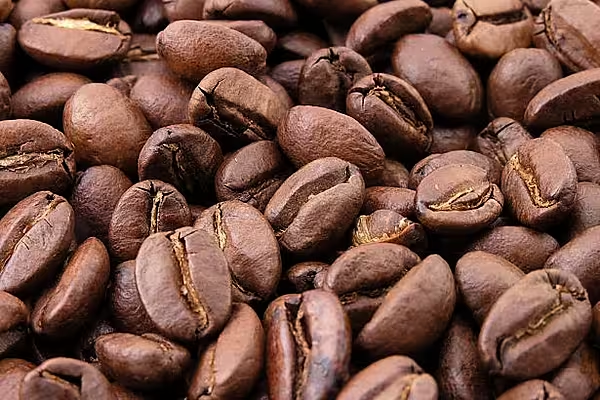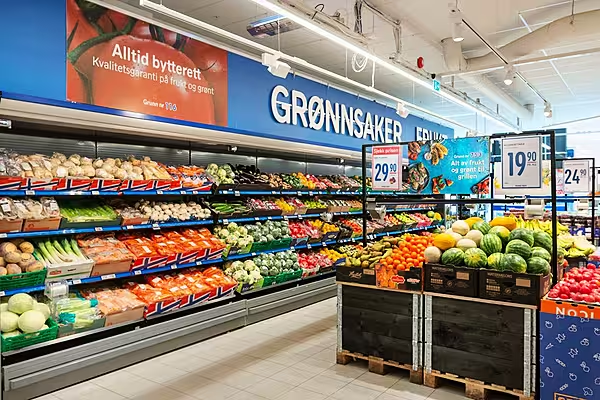Coffee output in Indonesia, the world’s third-biggest producer of robusta beans, will probably drop 10 per cent next year from a record in 2015 as the strongest El Niño in almost two decades hits crops.
Indonesia may reap 581,000 metric tons of beans in the year starting 1 April 2016, down from 645,000 tons this year, according to the median of six estimates from analysts and traders compiled by Bloomberg.
El Niño is the strongest since 1997-98 and will peak around the end of the year, according to Australia’s Bureau of Meteorology. The weather pattern, which bakes Asia and alters rainfall across the Americas, will be particularly felt in Indonesian coffee areas, according to Rabobank International. The event has already caused crop losses in Central America and is forecast to cut palm oil output in the biggest growers -- Indonesia and Malaysia.
“Out of all the effects that El Niño has on coffee production worldwide, its effects on Indonesia are the most likely,” Carlos Mera, an analyst at Rabobank in London, said by e-mail. “El Niño has been making the south of Sumatra very dry and it is expected to keep doing so for the remainder of 2015.”
“We will have to wait and see how the weather keeps developing during the early stage of crop development in Indonesia,” Mera said, adding that further dry weather would support robusta prices.
“People are worried about a failed harvest,” Moelyono Soesilo, purchasing and marketing manager at PT Taman Delta Indonesia, a Semarang, Central Java-based coffee trader, said. “The condition is really critical, leaves in some plantations in Java are yellowing and will soon dry out and fall off.”
Conditions in October are crucial, as without significant rain this month, output could drop by 20 to 25 per cent next year, Moelyono said. The losses would be even greater should the dry weather persist until the year end, he said.
Coffee crops in Indonesia have already been hurt by the drought, Drew Lerner, the president of World Weather Inc. said by phone 24 September. While this is the end of dry season, and rains could come later this year, “it’s drier than normal, so it’s very important rains return pretty quickly” to prevent further losses, he said.
Bloomberg News, edited by ESM














